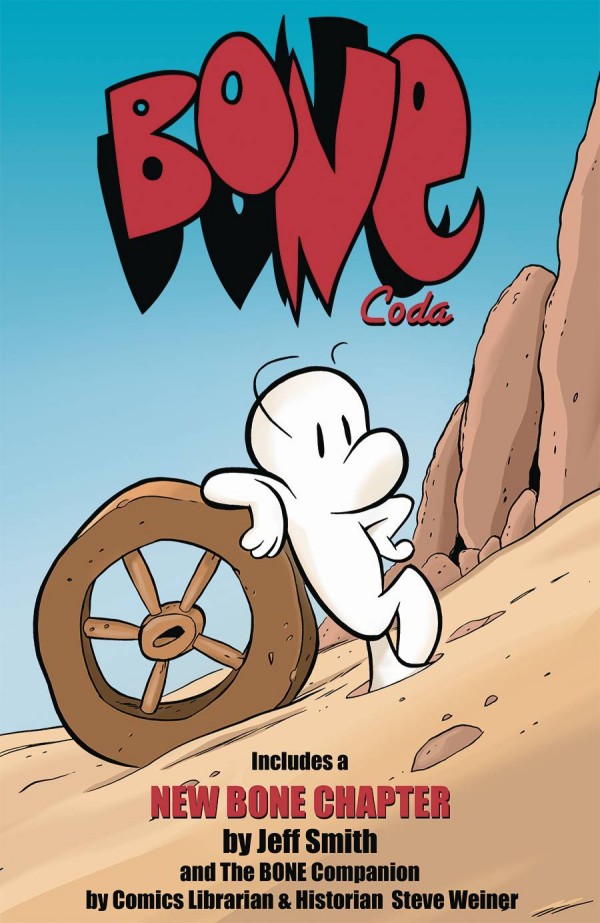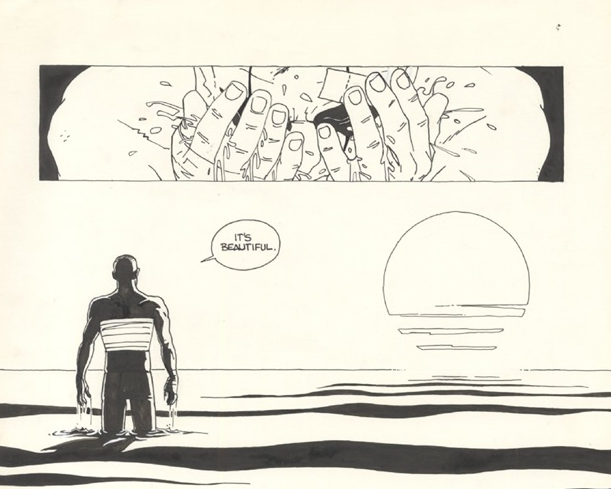 Written by Christy Lijewski
Written by Christy LijewskiIllustrated by Christy Lijewski
Tokyopop
A homeless young man known only as Izsak joins a band when they discover he can play a mean bass. Moving in with the lead singer Cree, a girl who sometimes acts more on impulse than good sense, he is immediately suspected by the band's guitarist Rail, of being dangerous.
There might be something to Rail's suspicions, as Izsak is trailed by people with supernatural powers and he may have even killed someone! With Cree in love with this dangerous man with no memory of his past, what will happen next?
This was an unintentional re-read for me. I'd completely forgotten about it, but it turns out I also got this one out in 2006. I've cannibalized the old review, because it was so short and focused mostly on the plot. From what I can tell, the old me thought this series was okay but not great, with a premise that had some interesting moments but didn't do a lot with them.
I think that's probably a fair assessment. This is an "OEL" manga, and it seems like Lijewski may have tried too hard to integrate parts of typical manga series into one story. We have the mysterious man with a haunted past that might be a vampire or he might be from a government project or he might be dead and back from the grave. It's also possible he's all three. There's an agency with superpowers after Izsak, another familiar theme. By the end, we've added a murder mystery to the laundry list.
In addition, we have the love triangle of Cree, Rail, and Izsak, with each playing the part you've seen often in other manga, complete with Cree rebelling against the idea that Izsak might be bad for her. There's the idea of the rock band and the tragic parental death that drives the inner sorrow of our heroine.
Oh yeah, and there's a family rivalry too, as Char and her brother fight for the right to be in the most successful local act, combined with Cree being the ex of the latter, when they all performed together.
It seemed like every time I turned the page, Lijewski was adding more concepts to the mix. By the time we get to the end, I was exhausted with the new plot points and wrinkles. I don't ask for the story to be original, but I do think it's a mistake to include so many familiar themes at one time like this. I'd have been happier if Lijewski had thinned a few of them out and let those concepts she wanted to keep have room to breathe. This is only a three-volume series; trying to cover all of this is going to be difficult to do justice to any of them.
Despite the problems with the overloaded plot, I did really like Lijewski's characters. Cree acts completely on emotion, which gives her a sense of chaos that is fun to watch. From bringing Izsak in to slamming herself into a wall to confirm something is actually happening, she's good for keeping the story moving and making the reader laugh. Rain works well as the protective guy who cares for Cree more than he'll admit. He's even willing to be hated for doing so. Playing the straight man, he keeps the story as grounded in reality as it can get, when flying humanoids are involved.
I'm not real big on the mystery man type of character, but Izsak as he's written here by Lijewski is likable. You know from the first pages that he's going to be trouble for Cree and her friends, but his desire to NOT cause trouble endears you to him. I also thought Lijewski did a great job keeping him innocent without being ridiculous about it. He's not stupid--he just can't remember anything. I definitely want to see what he's hiding from Cree (and the reader) in this volume, so that's a job well down.
Last but not least, I want to credit Lijewski for including a character who is very non-traditional and doing it in a respectful manner. We don't see that nearly often enough in comics, and I think for that alone, she needs to be praised.
Artistically, this could easily be mistaken for a shojo manga in terms of style. Faces come to a point, things get exaggerated, and boys are drawn to be as pretty-if not prettier--than the girls. Lijewski does a nice job working in the style of Japanese comics, aping the look that I tend to refer to as "shojo house style," even though there really isn't one. She does seem to spend a bit more time placing the characters at odd angles than other artists do, which keeps the reader's eyes off balance. I like it, but it might cause a different reader to feel that she's not drawing in a straightforward manner.
In 2006, I summed this up by saying it was nothing earth shattering, but I was going to read the rest. For whatever reason, I never did, possibly because volume three was never released. Now that Tokyopop has finished the series, I think I will, too.
I haven't read a lot of OEL manga, depending on where you put Scott Pilgrim, but I think this book shows that despite some perceptions against the genre, it can hold its own. If you want to see what a Western creator writing an Eastern comic looks like, this is worth a shot. Just be aware that at times, it's trying a bit too hard to include everything.







